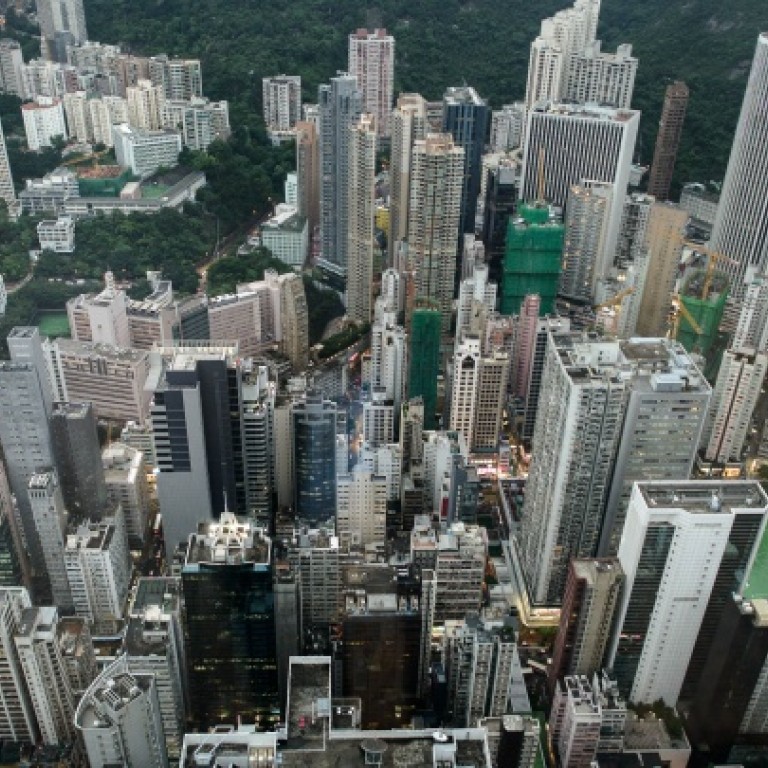
Hong Kong's long road to better housing
Rehousing people who are forced to live in substandard, subdivided flats should be the priority of any developed society. Hong Kong has had a problem just counting these people accurately. According to the Census and Statistics Department the number fell from 58,300 in 2006 to 32,800 in 2011. Last October it put the figure at 69,400.
Rehousing people who are forced to live in substandard, subdivided flats should be the priority of any developed society. Hong Kong has had a problem just counting these people accurately. According to the Census and Statistics Department the number fell from 58,300 in 2006 to 32,800 in 2011. Last October it put the figure at 69,400. If that sounds confusing, the revelation that census collectors had faked answers in household interviews, casting doubt on the reliability of the figures, did not help. Given that housing data is central to economic and social policymaking, there was an urgent need for a reliable indication of the scale of the problem. Now an independent study commissioned by the government indicates that it is more than twice as big as the highest previous estimate, with more than 171,000 people living in tiny, subdivided accommodation.
They can't all be substandard and illegal, let alone potentially dangerous, although more than 30,000 lack their own kitchen, bathroom or water supply. Some people may prefer them. But most occupants are forced to live like that because they can't afford anything more in the current market.
The solution is not as simple as improving the supply of subsidised public housing in the medium to long-term for the 230,000-odd people now on waiting lists for up to three years. The problem is complicated by the growing demand of single people for their own flats; whether older people should get priority; residential rules that disqualify recent arrivals; and an income test that bears little relation to asset inflation. The latter two factors should be reviewed.
The number living in subdivided flats could have been worse if researchers had been able to investigate illegal homes in industrial buildings. The government's Long Term Housing Strategy Steering Committee will take the new data into account. Meanwhile, officials should consider whether there is a need to assist people living in the worst conditions.
That said, subdivided flats are not simply a property or political issue. They are a stain on Hong Kong's image that should prompt more focus on improving people's livelihoods. It is not just a matter of building more flats, although housing poor people decently helps counter the wealth gap. It is a community issue of fairness, and what kind of city we want to live in. It is time Hong Kong engaged in earnest debate about how to solve this problem.

